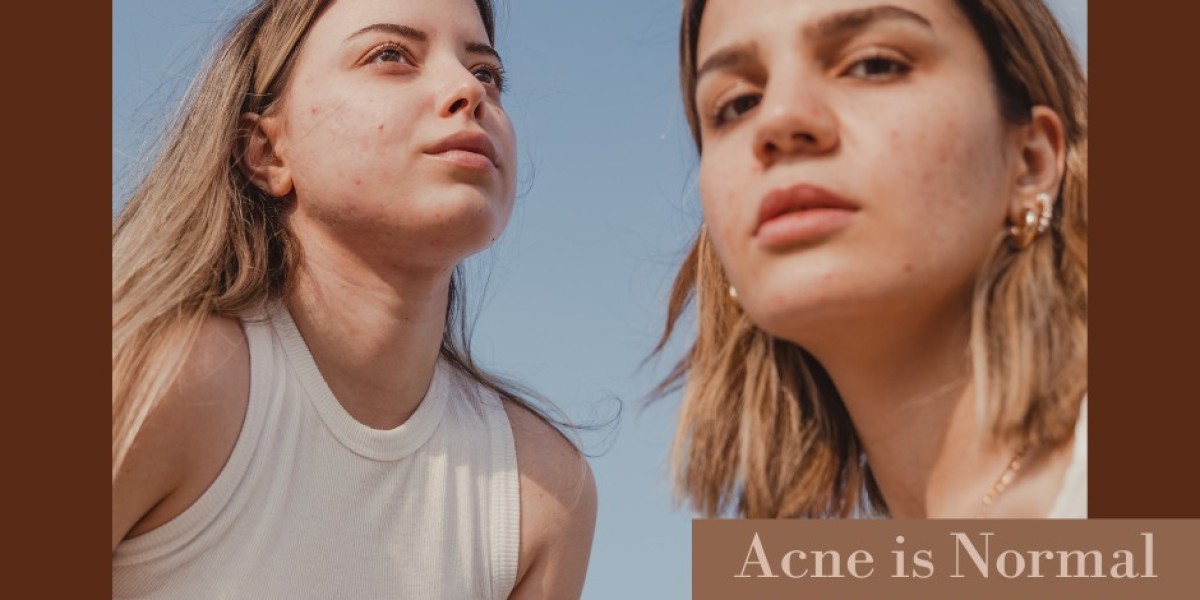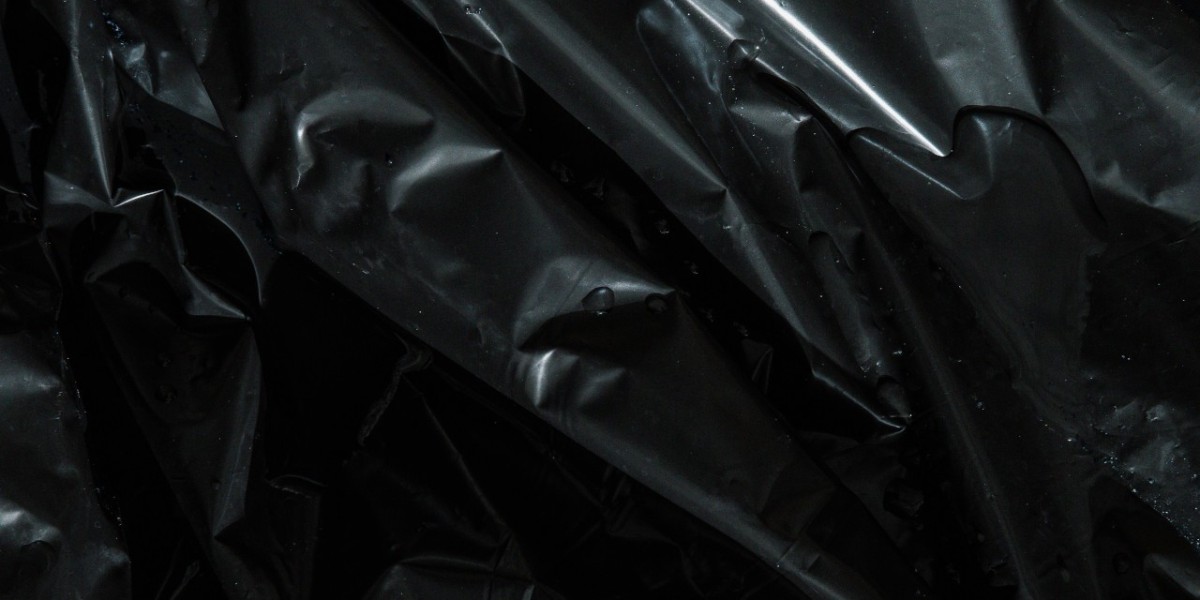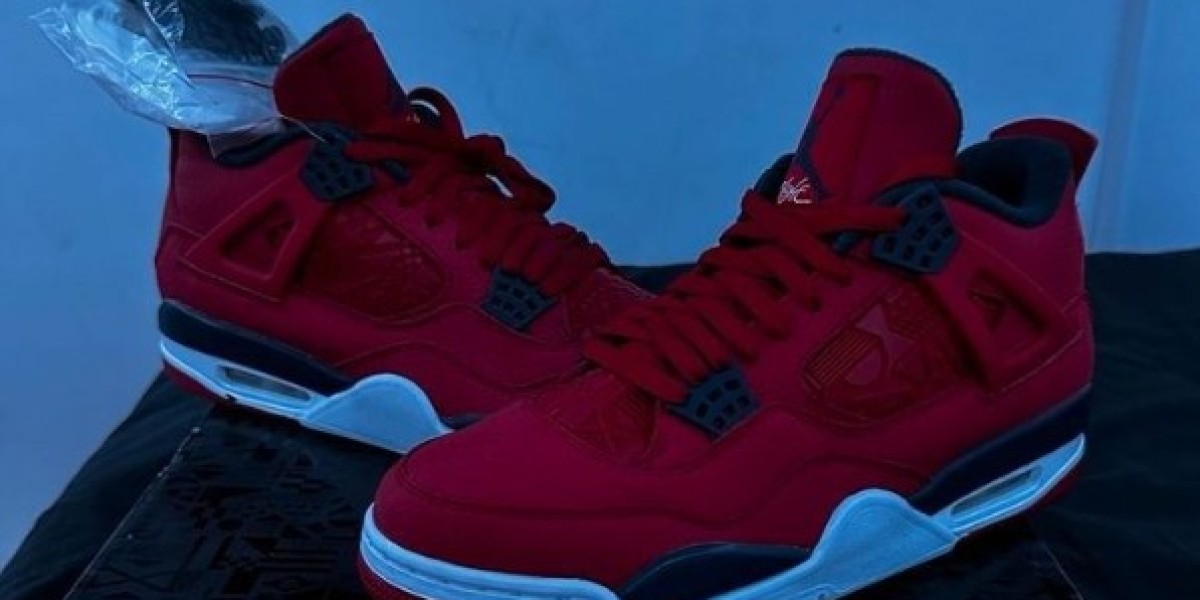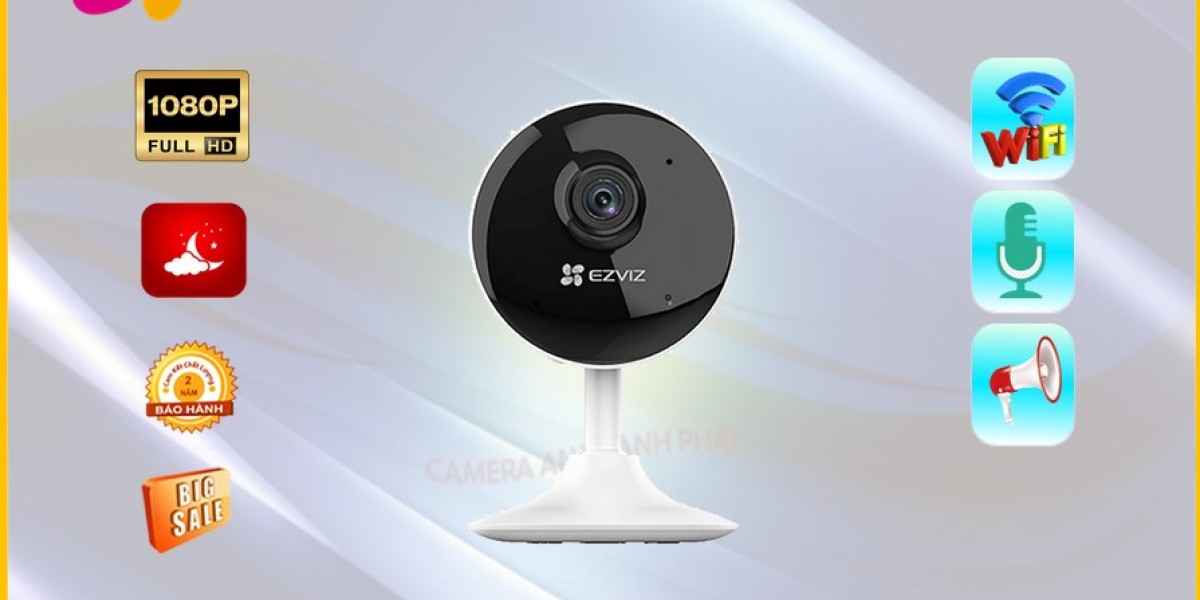Adult acne can be frustrating and challenging to manage, especially when it persists into your 20s, 30s, or even beyond. If you're dealing with adult acne, you're not alone. Many adults struggle with this skin condition, and finding the right solutions can make a significant difference. Isotretinoin 40 mg helps easily to treat acne. In this blog post, we'll explore the causes of adult acne, effective treatments, and expert tips for managing and preventing breakouts.
Causes of Adult Acne:
Contrary to popular belief, acne isn't just a teenage problem. Adult acne can be triggered by various factors, including hormonal changes, stress, diet, and skincare products. Hormonal fluctuations, especially in women, can lead to increased oil production, clogged pores, and breakouts. Stress can also play a role by triggering the release of hormones that stimulate oil production.
Diet can influence acne, with some studies suggesting that high-glycemic foods and dairy products may exacerbate breakouts in certain individuals. Additionally, using skincare products that are too harsh or comedogenic (pore-clogging) can contribute to acne flare-ups.
Effective Treatments for Adult Acne:
The good news is that adult acne can be effectively managed with the right treatment approach. Here are some common treatments recommended by dermatologists:
Topical Treatments: Over-the-counter and prescription topical treatments containing ingredients like benzoyl peroxide, salicylic acid, or retinoids can help unclog pores, reduce inflammation, and prevent new breakouts.
Oral Medications: In some cases, oral medications such as isotretinoin 20mg, hormonal therapy (e.g., birth control pills for women), or isotretinoin may be prescribed to control acne.
Professional Procedures: Dermatological procedures like chemical peels, microdermabrasion, or laser therapy can help improve acne and acne scars.
Expert Tips for Managing Adult Acne:
Stick to a Consistent Skincare Routine: Use gentle, non-comedogenic skincare products and avoid harsh scrubs that can irritate the skin.
Watch Your Diet: Limit high-glycemic foods and dairy products, as they may contribute to acne in some individuals. Instead, opt for a balanced diet rich in fruits, vegetables, and whole grains.
Manage Stress: Practice stress-reducing techniques such as yoga, meditation, or deep breathing exercises to help manage stress-related acne.
Avoid Touching Your Face: Touching your face can transfer bacteria and oil, leading to breakouts. Avoid picking or squeezing acne lesions, as this can worsen inflammation and increase the risk of scarring.
Consult a Dermatologist: If your acne is severe or doesn't respond to over-the-counter treatments, seek advice from a dermatologist. They can recommend personalized treatment options tailored to your skin type and condition.
Conclusion:
Dealing with adult acne can be challenging, but with the right approach, it can be effectively managed. By understanding the causes of adult acne, using appropriate treatments, and following expert tips, you can take control of your skin and achieve clearer, healthier-looking skin.
Remember, everyone's skin is unique, so what works for one person may not work for another. It may take some trial and error to find the right combination of treatments that work best for you. If you're struggling with adult acne, don't hesitate to seek help from a dermatologist who can provide personalized advice and treatment options








